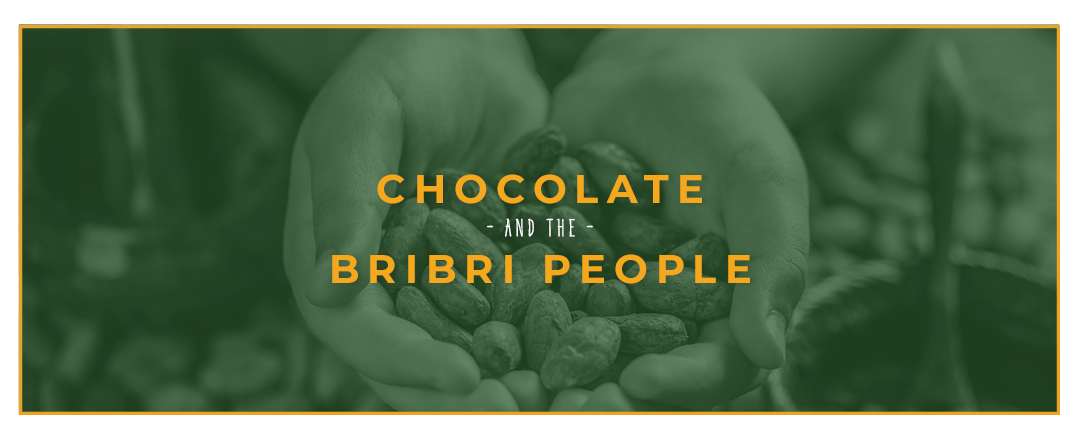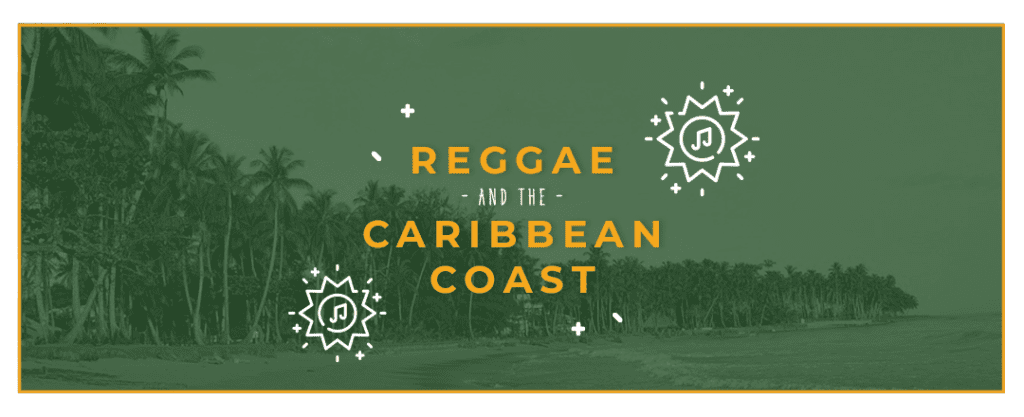The Bribri are an Indigenous people native to Costa Rica and Northern Panama. Some refer to them as the “hidden people” of Costa Rica. But, the Bribri people’s fierce defense of their ancestral land and heritage has been key to their significant ongoing role in Costa Rican history and culture. Read on to learn more about the Bribri’s sustained, vibrant connection to their roots, which has enabled them to keep their culture alive for thousands of years—and counting.
Approximately 35,000 Bribri people live in Costa Rica, including 11,000 or so in Bribri Indigenous Territories. The majority still reside on ancestral land in the Limón Province’s Talamanca canton, located along the southern Caribbean coast. Situated in some of the country’s most remote areas, many villages there are accessible only by boat. Due in part to geographic isolation, the Bribri have maintained their society and traditions for thousands of years.
Over time, the Bribri have faced many external threats to their culture, livelihood, and rights. These include attempts by the Spanish to evangelize and displace their communities, intrusion on ancestral land to develop commercial banana plantations in the early 1900s, and lack of follow-through from central government on legal agreements to reclaim Indigenous land. In recent decades the effects of these issues and economic necessity have led more Bribri people to move into less isolated regions. Still, Bribri communities’ unwavering resilience and defense of their home, heritage, and traditions continue as strong as ever.
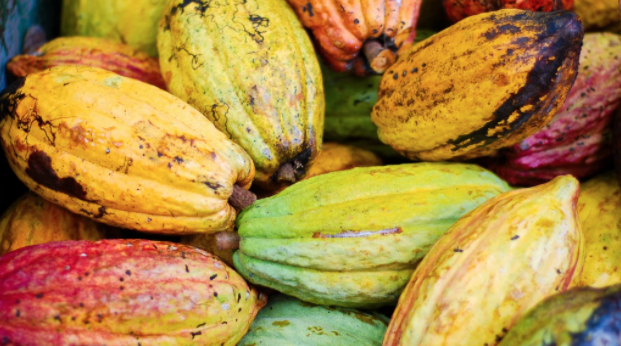

Skilled agriculturalists, the Bribri have nurtured their land for generations. Environmental conservation is not only essential to their independence and livelihood but a sacred duty. The Bribri produce around 120 crops, both cultivated and wild, allowing them to remain self-sufficient although they have relatively low income per capita. Those include corn, beans, coffee, bananas, palm, yucca, and last but not least, cacao (cocoa).
Cacao—known as Tsuru in the Bribri language—holds great spiritual significance. Tsuru was a young woman who showed unique kindness to Sibö, the creator of the universe and mankind. One cold night, the deity (in the shape of an elderly man) was passing through her community and only Tsuru offered him food and a place to sleep. To show his gratitude, Sibö transformed Tsuru into a cacao tree that would provide for all future generations. For this reason, the Bribri people consider the cacao tree to be female and never use its branches for firewood or construction. Only women are permitted to prepare and serve the sacred cacao drink traditionally used for ritual ceremonies: dried cacao nibs ground into a paste, formed into chocolate balls, and dissolved in hot water.
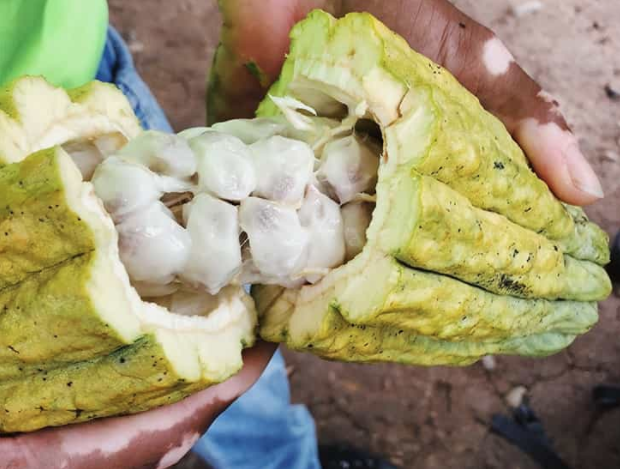


CREDIT: DANIELLI MARZOUCA / MITÚ
Today cacao also serves as an important source of income for Bribri communities. As cultivation of this key export expands, the Bribri that every step of the process remains consistent with traditional values of respecting nature and living in harmony with the earth. The Bribri people carry on their ancestors’ legacy as they continue to practice sustainable farming techniques like agroforestry, whereby multiple crops are planted together rather than in separate plantations. This efficient symbiotic system allows plants to help each other grow and protects biodiversity and natural resources for future generations. Fertilizers and pesticides are limited to locally sourced and organic plant-made options. In 1987 a group of Indigenous Costa Rican producers founded APPTA, an association committed to sustainable agriculture in Talamanca which sells organic fair-trade cacao to buyers from around the world.
As Costa Rican tourism grows, some Bribri villages have incorporated cacao into community-based ecotourism. In the Caribbean coastal region, many Bribri people operate tours to their villages for international travelers. On these immersive excursions, visitors can learn about Bribri culture, connect with nature, and go on a “chocolate tour” to learn about the cacao plant, traditional recipes and uses, and chocolate-making. The visit isn’t complete without some delicious treats and the chance to purchase a few chocolatey products from local vendors to take home.
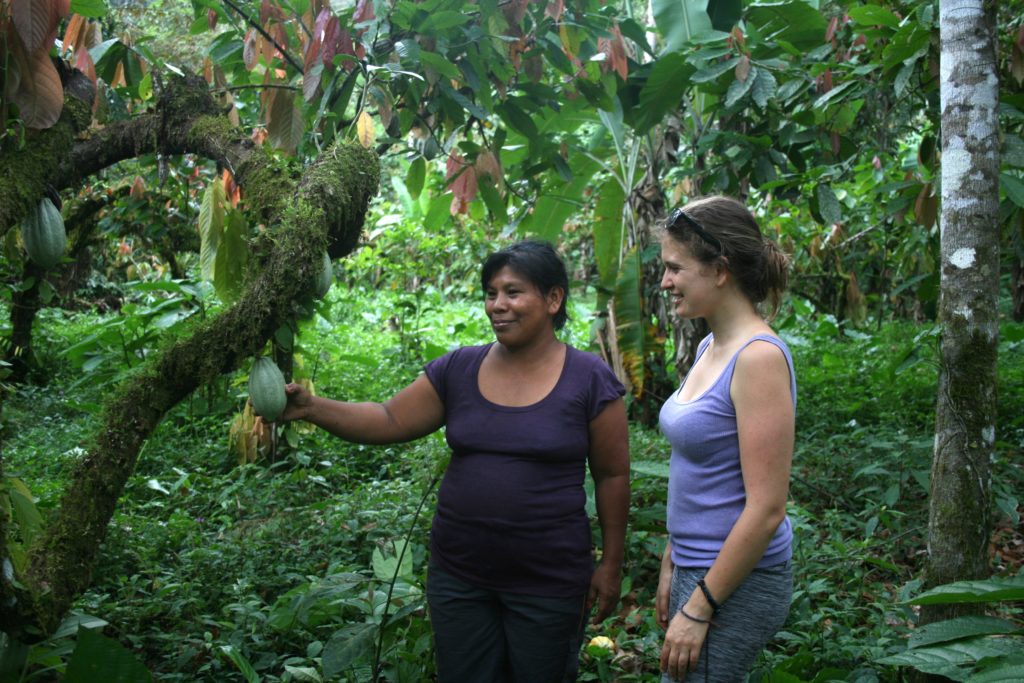


CREDIT: TRAVELCONSCIOUSLY.COM
The Bribri people’s dedication to stay connected to their ancestral roots has enabled them to keep their traditions and values intact over thousands of years. For a truly special and culturally immersive experience while in Costa Rica, we recommend an indigenous-run visit to a local village. It’s an essential part of any journey to experience all that Costa Rica has to offer, and you’ll participate in responsible tourism efforts that support the community in an authentic way.
Soul Life Travel arranges customized multi-day tours for individuals and groups that immerse travelers in the roots of Costa Rican culture, spirituality, food, and music. Our mission is to create a truly sustainable business that focuses on the integration of the local community. To accomplish all of this, we work with the best locally run providers in Costa Rica, who offer high-quality and unforgettable experiences curated on their own terms.
If you’re planning a trip to Puerto Viejo or another destination along Costa Rica’s Afro-Caribbean Coast, consider an Indigenous-run chocolate tour while you’re in the area! To discover how you can add to this culturally rooted experience to your Costa Rican journey, check out our itineraries or contact us to speak with one of our personal Travel Consultants.

